Potential Problems with the Traditional Real Estate System: What the Paris Paradigm is Trying to Solve
The traditional real estate system, despite its long-standing methods, has several critical shortcomings that can frustrate buyers, sellers, and agents alike. The Paris Paradigm aims to address these issues with innovative solutions, creating a more transparent, efficient, and ethical real estate environment.
Problems with the Traditional Real Estate System
Lack of Transparency
In traditional real estate transactions, there is often a significant lack of transparency. Information asymmetry is common, where one party (typically the agent) has more information than the others. This can lead to misunderstandings, mistrust, and unfair deals. For example, buyers may not be fully aware of a property’s flaws.
Conflicts of Interest
The commission-based compensation model in traditional real estate can create conflicts of interest. Agents earn a percentage of the sale price, which may incentivize them to prioritize higher sale prices over their clients’ best interests. This misalignment can result in rushed decisions and properties being sold for less than they are worth or bought for more.
Inefficiency
The traditional real estate process is often cumbersome and slow. From initial property searches to finalizing contracts, the process can be riddled with delays. This inefficiency stems from manual processes, fragmented communication, and outdated methods such as paper documentation and face-to-face meetings for negotiations.
Limited Access to Information
Buyers in traditional real estate markets frequently have limited access to comprehensive market data and property information. This lack of access can lead to poorly informed decisions, missed opportunities, and unfair pricing. Agents act as gatekeepers of information, which can create a dependency that is not always in the client’s best interest.
High Costs
Traditional real estate transactions can be expensive, with high commissions and increasing the cost for buyers. These high costs can deter potential buyers from entering the market, particularly first-time buyers or those with limited financial resources.
Ethical Concerns
Ethical issues can arise in traditional real estate practices, such as dual agency situations where an agent represents both the buyer and the seller. This can lead to conflicts of interest and compromised fiduciary duties. Unethical behavior, such as steering clients toward certain properties for higher commissions, can also undermine trust and lead to legal disputes.
What Solutions the Paris Paradigm offers?
Enhanced Transparency
The Paris Paradigm promotes transparency by providing a shared platform where Buyers have access to the same information their Agent does. This openness reduces misunderstandings, builds trust, and ensures that the Buyers can make informed decisions. The platform includes detailed property data, market trends, and transaction histories, making information accessible and verifiable.
Alignment of Interests
The Inverse Commission™ model used by the Paris Paradigm aligns the interests of agents with those of their clients. Instead of earning a percentage of the sale price, agents are rewarded based on the value they provide. This alignment incentivizes agents to prioritize their clients’ best interests, leading to better outcomes for buyers.
Streamlined Processes
The Paris Paradigm leverages advanced technology to streamline the entire real estate process. Automated tools and digital platforms reduce the time and effort required for property searches, negotiations, and paperwork. This efficiency not only speeds up transactions but also minimizes errors and reduces costs.
Comprehensive Access to Information
The Paris Paradigm provides comprehensive access to information for users. Buyers can access detailed property information, market analyses, and financing options through the platform. This access empowers them to make well-informed decisions and reduces reliance on agents as sole sources of information.
Cost Efficiency
By reducing reliance on traditional commission structures and automating many aspects of the transaction process, the Paris Paradigm lowers costs for buyers. The model promotes competitive pricing for agent services and reduces the need for expensive intermediaries, making real estate transactions more affordable.
Strong Ethical Standards
The Paris Paradigm enforces high ethical standards for its participants. The model discourages unethical behavior by promoting transparency, aligning interests, and providing clear guidelines for ethical conduct. This focus on ethics ensures that transactions are conducted with integrity and fairness.
In conclusion, the Paris Paradigm addresses the fundamental problems of the traditional real estate system that affect buyers by enhancing transparency, aligning interests, streamlining processes, providing comprehensive information access, reducing costs, and upholding strong ethical standards. These innovations create a more efficient, fair, and satisfying buyer experience in real estate transactions.
